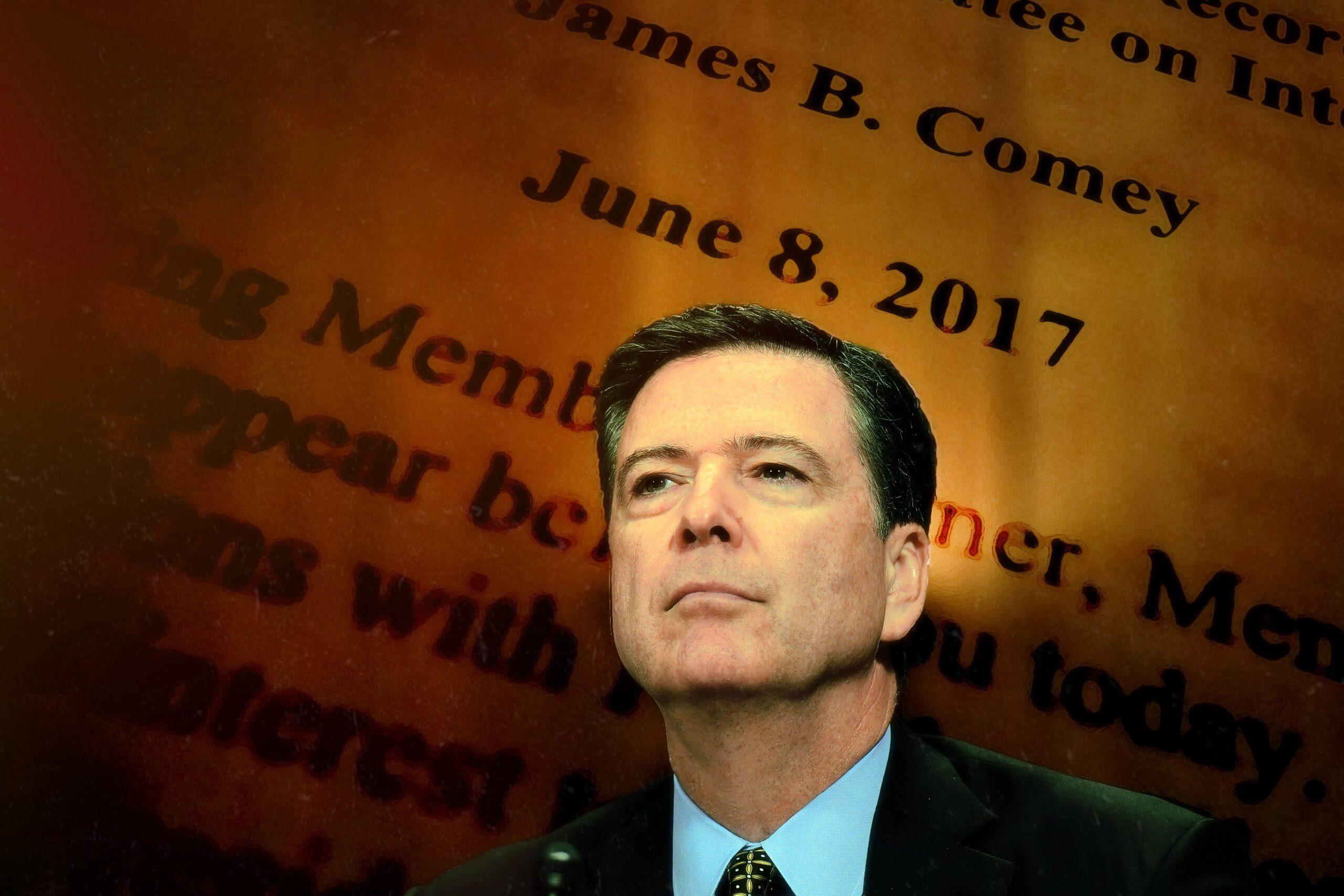
In 2003, The O.C. was forging a new path on the television frontier. The show premiered in August and aired seven episodes before taking a hiatus, eschewing the typical fall premiere model and leaning heavily into cliffhangers. Fox’s programming strategy allowed the network to hedge on the show, though it turned out to be unnecessary. Its first season became a juggernaut like Beverly Hills: 90210 before it and Jersey Shore after. Media scrutiny was intense. The actors immediately became stars. Interest in what came next for the characters was abundant. Luckily, for the overly invested, the debut of The O.C. coincided with the rise of spoiler culture.
Those first seven episodes culminated on a mid-September evening, with Ryan carrying Marissa into a haze while the soundtrack played the dulcet sounds of Mazzy Star performing “Into Dust.” The audience should have faced a painful six weeks to ponder what shape Marissa would be in when the show returned, but a handful of sites that presaged Reddit and Twitter offered solutions. Casting notices and script sides routinely surfaced on websites like Television Without Pity, and early TV bloggers like Kristin dos Santos were privy to a steady stream of information to tease coming twists. Footage never leaked online, but there was enough information available to piece together what future episodes would reveal.
Other cult favorites, like Buffy the Vampire Slayer and Felicity, were subject to the same kind of conjecture and information trading. The shows themselves were never obviated, nor was the viewing experience supplanted. The context clues usually offered enough information to construct a convincing version of what was to come. But message-board lurkers could never know with certainty if a given side or casting notice was real, so access to spoilers stoked the fandom of the diehards. The spoilers were unofficial trailers that built excitement, and the phenomenon paved the way for the myriad Twitter accounts that post Game of Thrones set photos. Or, more recently, the Google Drive account that hosts former FBI Director James Comey’s prepared remarks for Thursday’s Senate Intelligence Committee hearing. Welcome to the new frontier of spoilers.
It’s unlikely that either the Senate or Comey care about the spoiler boom of the early aughts (and very few people cared about The O.C. after Season 1), and the comparison may seem absurd. But the content-consumption habits that spoiler culture fostered made the release of his remarks so impactful. The New York Times’s Maggie Haberman quickly pointed out that Comey’s statement, in which he details his one-on-one interactions with President Trump, are only a portion of what will be uttered tomorrow. He’ll read the remarks as an opening salvo before the senators on the committee lob questions. If Wednesday’s session with NSA Director Michael Rogers and Director of National Intelligence Daniel Coats is any indication, the hearing will be as instructive as an Ikea manual. On the other hand, Comey reportedly lobbied for an open hearing and demonstrated an interest in sharing his version of events after his unceremonious firing. But regardless of how much he divulges to the public, the release of Comey’s planned monologue by the committee has built even more hype for a highly anticipated event, and he didn’t need anything but the release of a highly specific script. Comey used precise wording to explain when and where he met with Trump, his own facial expressions following an exchange about the investigation into former national security adviser Michael T. Flynn, and who waited on them during certain meals. With so much detail already available, expectations have shifted from “What will he say?” to “What else will he say?!”
The Comey and Trump scoops tend to come in the afternoon, usually delivered from a group of White House reporters finding notoriety as a result of the steady stream of exclusives. That’s the traditional model of Washington reporting that has been familiar ever since The Washington Post unlocked the Watergate scandal: daily leaks, followed by interpretive analysis and expectation setting. To understand the daily state of Trump, you have to check his tweets and then turn to a group of pundits to read between the lines. They continue to depict the administration as one wrought out of reality TV culture, defined by abrupt chaos, policy reversals, scandals in waiting, and internal fighting. Yet for all of Trump’s trackable personality traits, making predictions is pointless. Trump is spoiler-proof.
But the Comey affair stands apart. Ever since he was dismissed from his post as FBI director, his reported tendency to keep precise official records has become a bastion of anticipation. There are documents to be read and official timelines to consult. For the audience — er, the American public — the most salient question isn’t just when we’ll see Comey’s receipts. It’s what they’ll mean for next week’s episode.

